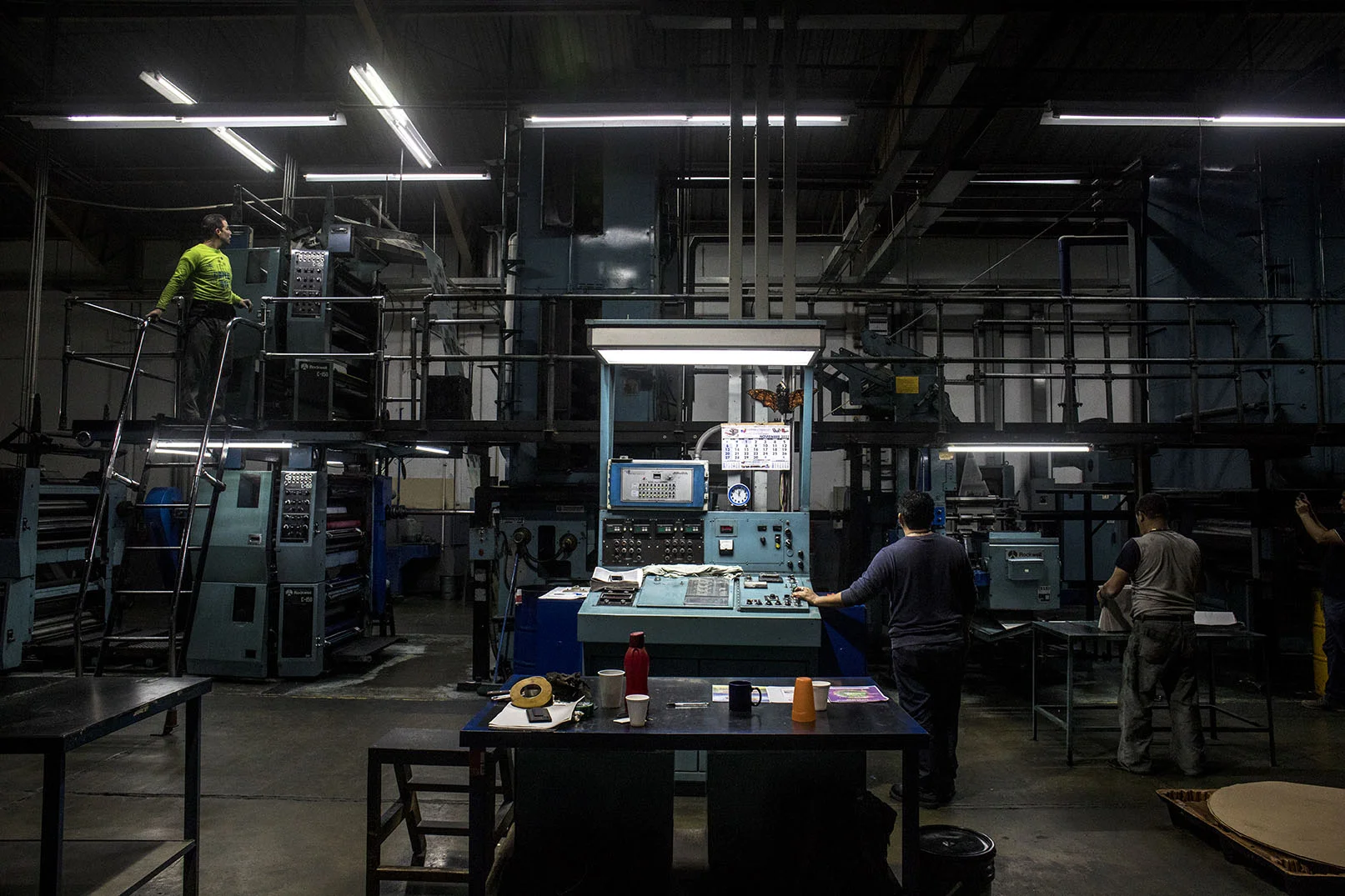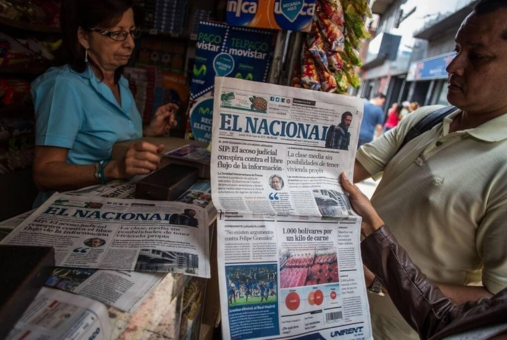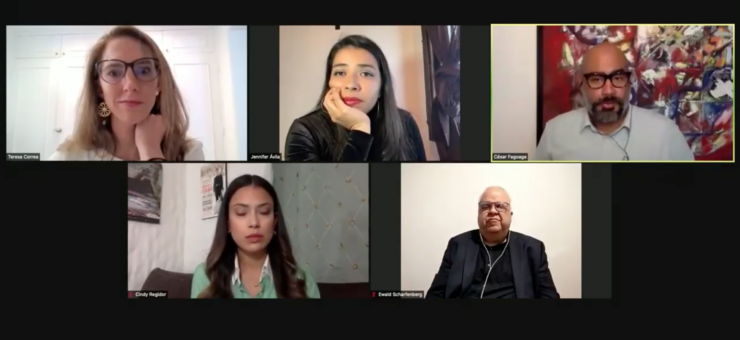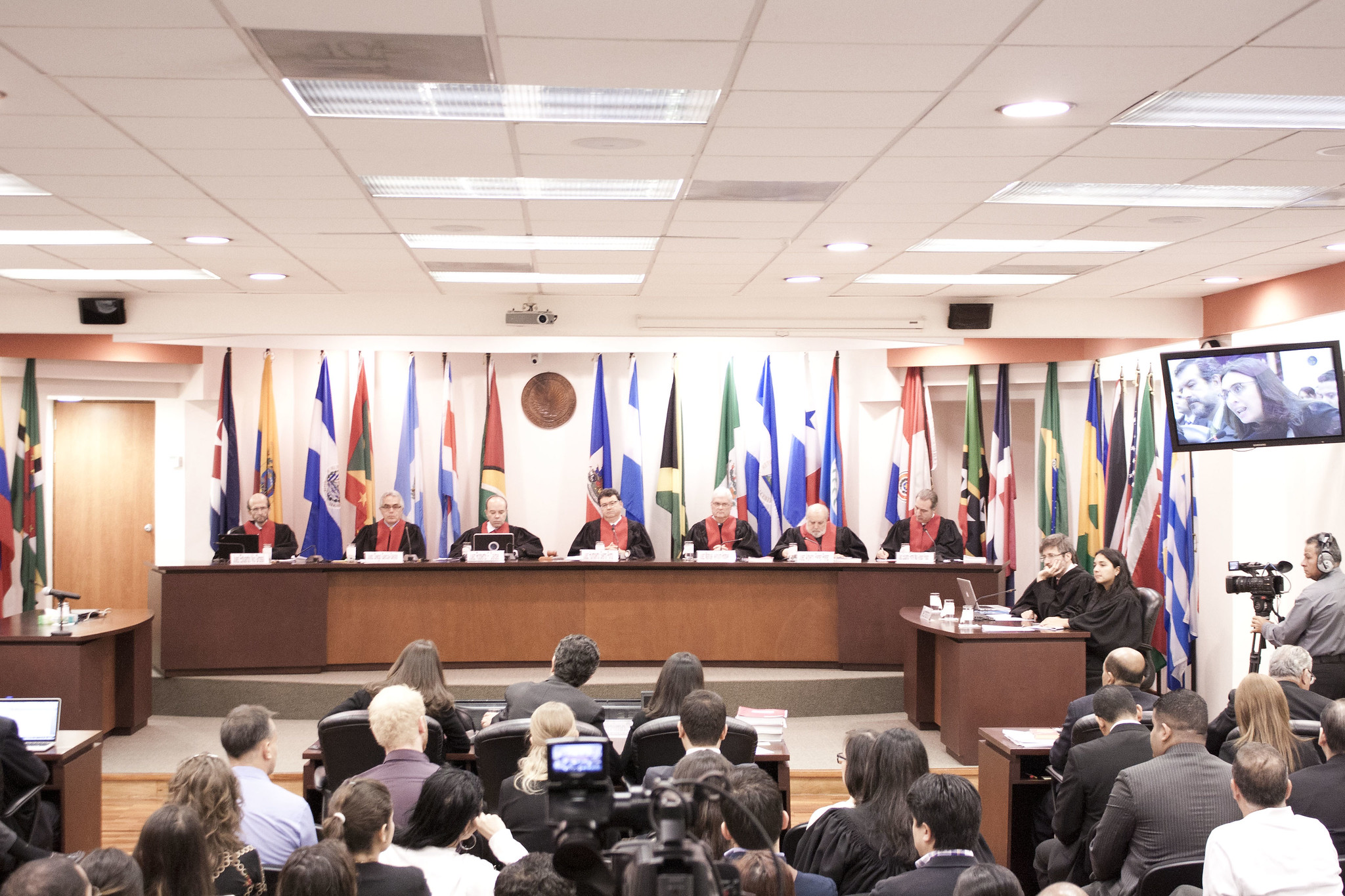
ElPeriódico, the media outlet founded by Guatemalan journalist José Rubén Zamora in 1996, was also targeted when the judicial harassment against Zamora began, according to people close to him. With two years since its founder was imprisoned and almost one year since the newspaper ceased publication, journalists in Guatemala are filling the void with more journalism.

Venezuelan journalists and photojournalists do other jobs outside of journalism to have extra income that allows them to survive. In 20 years of the governments of Hugo Chávez and Nicolás Maduro, 400 media outlets have closed.

After almost 27 years of life, Guatemalan newspaper elPeriódico announced its closure amid complaints of persecution by the government. Its president and founder has served almost 10 months in prison after being arrested on heavily criticized charges.

Journalists from Honduras, El Salvador, Nicaragua, and Venezuela spoke in a panel during the webinar “Journalism in Times of Polarization and Disinformation in Latin America.” The panel explored press freedom in countries faced with increasingly authoritarian governments and how they’ve been able to continue doing journalism.
The Buenos Aires Herald, the Argentine capital’s English-language newspaper, is closing after 140 years in print.
After ten years of producing investigative journalism recognized around the world, Mexican magazine Emeequis announced it will cease publication.
Trinidad and Tobago’s new communications minister told a group of Caribbean journalists that too much government money was being used to finance state-owned media companies in his country.

The Venezuelan Supreme Court said that a recent ruling by the Inter-American Court of Human Rights to restore the license of RCTV was “unenforceable.” The decision of the I/A Court in the Case of Granier and et al. (Radio Caracas Television) vs. Venezuela, considered that the State of Venezuela violated the rights to freedom of expression and due process of managers, journalists and other employees of Radio Caracas Television (RCTV), and ordered the State to restore the channel’s signal and compensate the victims for damages.
In imminent danger of being shut down by the Ecuadoran government, one of the only voices monitoring freedom of expression and the state of journalism in that country vows to keep working.
The Inter American Press Association (IAPA) called on the Inter American Court of Human Rights to sentence the Venezuelan government for having unlawfully shut down TV network RCTV in 2007.
Despite going against the workers' wishes —who have gone all the way to court to reverse the decision — it appears that the Chilean government will end up getting rid of newspaper La Nación, of which 69% is owned by the state.
The director of Globovisón, one of the most critical private television networks of the Venezuelan government, announced that it will be sold after the April 14 presidential election, reported the newspaper El Universal.